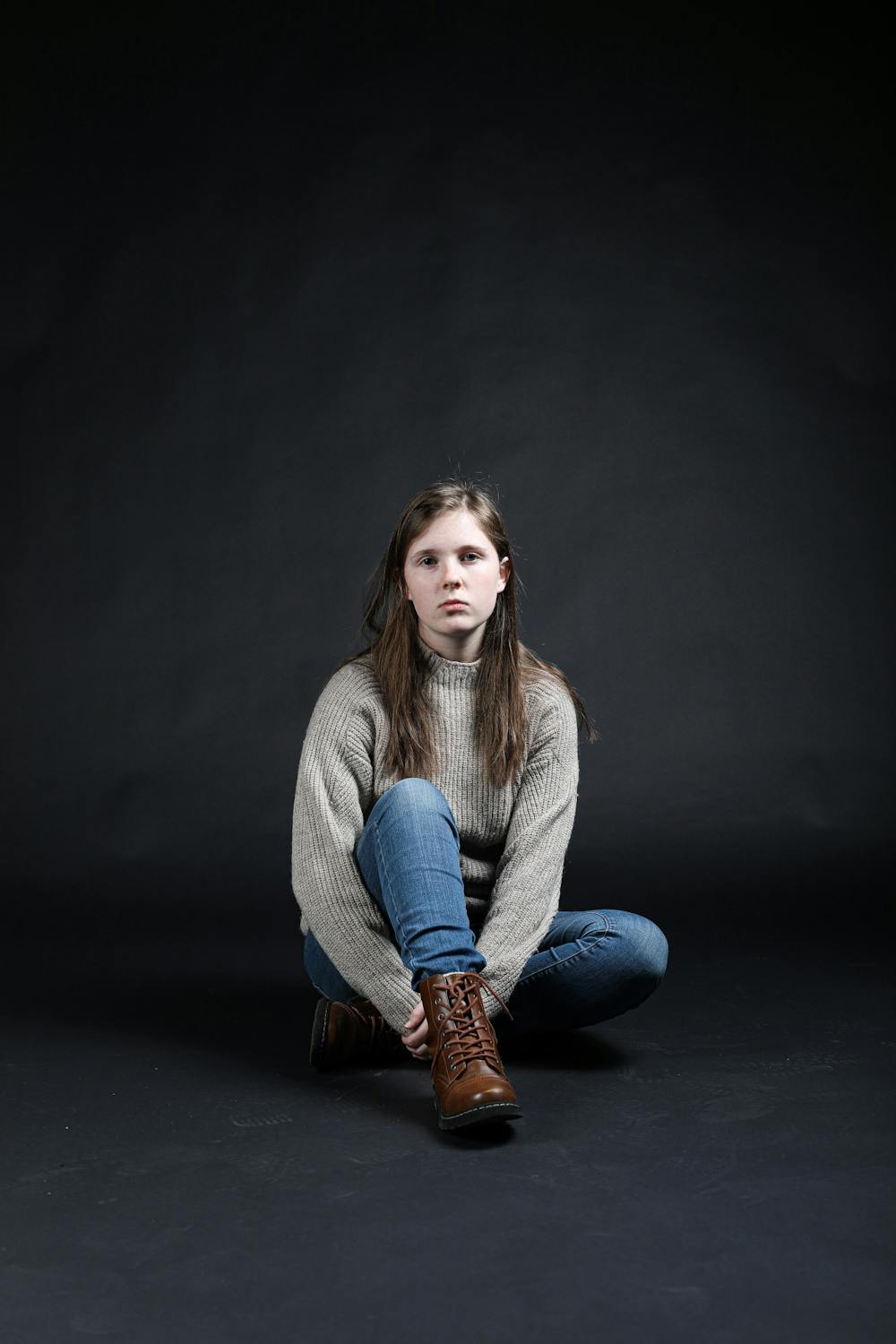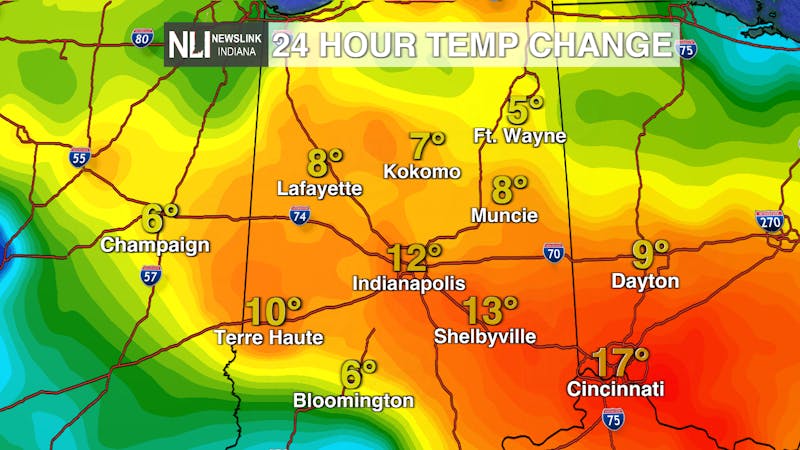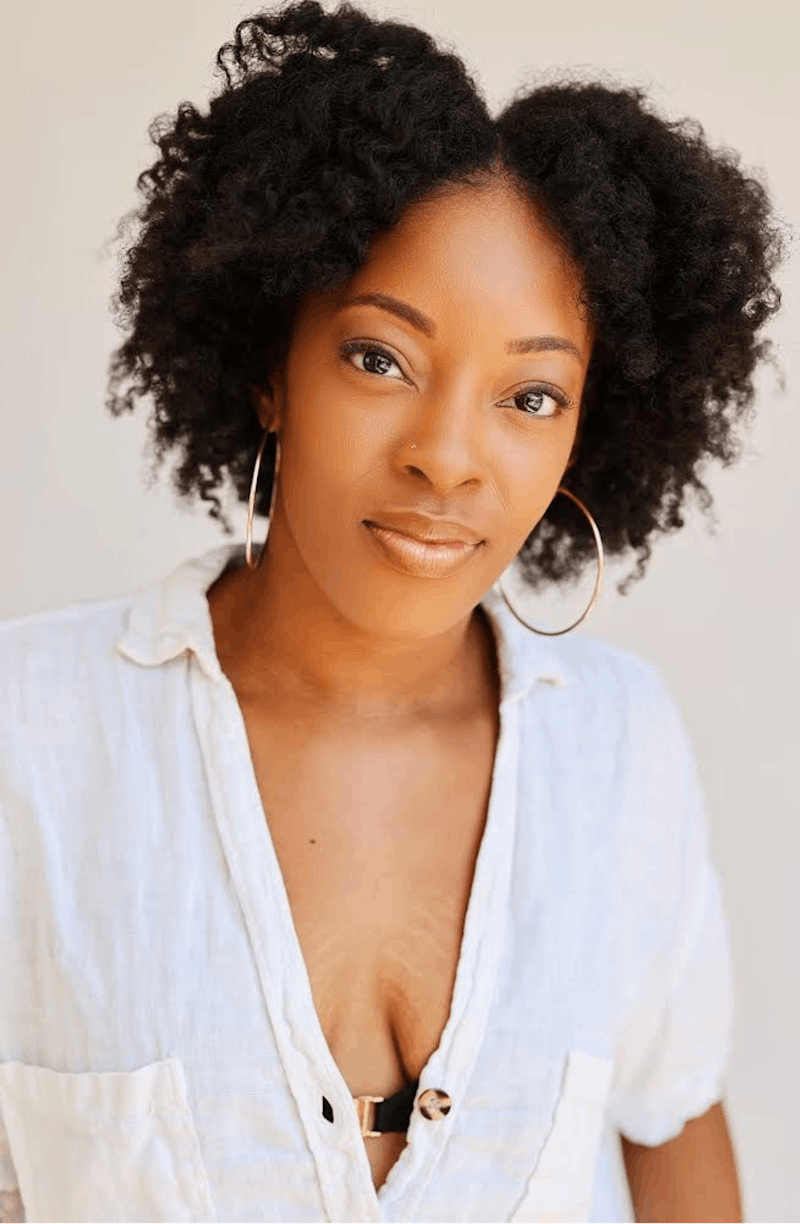Elaine Ulsh is a first-year computer science and physics major and writes “The Occasional Observer” for the Daily News. Her views do not necessarily reflect those of the newspaper.
All my life I have had an internal struggle. Everyone else seemed to have a much more simple version of life than I did, and I couldn’t understand why. It made me feel like something was wrong with me.
However, I grew up in an age where mental health started becoming a more talked about topic. This caused me to be more aware of some of my issues. I did not automatically assume I had a mental disorder, but it did make me wonder if I did.
I was recently diagnosed with obsessive compulsive disorder, or OCD as it is more commonly referred. And though I am now learning techniques to cope with some of the things I did not know I was going through, I never got the relief I thought I would.
I thought once I knew what I thought was “wrong” with me, my life would get a little easier. Close friends kept telling me, “knowing won’t change things,” but I always just responded with, “I just want to know.”
One thing I was not prepared for in receiving my diagnosis was now knowing certain things I do are not just quirks. My need to have everything a certain way is not just because I can be controlling but rather because a part of my brain is essentially malfunctioning.
I thought only being able to eat things in even numbers was just some funny thing I had always done, but that is not the case.
Telling my parents was entertaining. My father grew up in a household that was not the cleanest, which, in turn, caused him to be one of the biggest clean freaks I have ever met. Because of this, I jokingly told them it was his fault I am like this.
When my parents looked confused, I explained that I meant he always made us do things a certain way. He had a strategic way we always had to do the dishes growing up. I remember when I first started doing them, if I didn’t fill it the way he wanted it to be, he would take them all out, show me how he wanted it and make me do it again.
My mom then said, “Sounds like something your dad would do,” while giving him a side eye. Although, while a joke, I do wonder if he did have anything to do with me having OCD, seeing as it can be genetic.
Don’t get me wrong, I was never a clean child. The mess in my room was one that would make Monica Geller from “Friends” crawl out of the television and clean it herself if she ever laid eyes on it. Nevertheless, there were definitely obsessive signs in my childhood.
At around ages 9 or 10, while waiting in the car for my mom before school one day, I made up an entire set of rules for numbers in my head. For example, I believe 1, 2, 4 and 5 to be the best prime numbers. Therefore, multiples of them make me extremely happy.
To continue off of that, my first favorite number was 4. But I realized if I squared that, it became 16 and then that was my favorite number, still is. My least favorite numbers are 3 and 9; especially 9 because it is the square of 3 and 3 was bad enough on its own.
Any number that is not somehow a multiple of the best prime numbers makes me uncomfortable. It is a bargain whether numbers such as 6, 12 and 18 will make me uncomfortable. Most of the time they still do. In a way, this obscure set of rules runs my life. In a way, I live by those rules. Even writing this, I feel a sort of anxiety when the word count is odd.
Before I even knew what the term was, I had heard of OCD. This mostly came from things making fun of the term, like kids cartoons or the song “My OCD” by Rhett and Link. I thought it was so funny, much like many kids at the time.
While not necessarily just their fault, I do think that song contributed to the stigma against OCD.
I have gotten a few people tell me everyone is a little OCD, which is not the case. According to a Healthline article, most people have obsessions or compulsions at some point in their life, but this does not mean they have OCD.
What distinguishes someone with OCD from someone who also has intrusive thoughts is whether it is a major part of their life.
Yes, many people have a specific way they like to do their chores, for example their laundry or the dishes. However, that is completely normal. What is not normal is feeling a panic when you see someone not doing it as you would, or if you are not able to do such a compulsion.
For me, when I see that, I do not feel better unless I have them fix it or I fix it myself. This can make me unlikable or even unbearable at times due to how some of my compulsions have to do with a schedule or control.
Many people think OCD is a cute and funny way of life that is unbelievably organized. There may be some people with OCD who behave in such a way where everything must go in their place; others who have an hourly schedule. I, myself, do some of these things.
People can have OCD without any of those traits because it is not a defining factor.
One of my personal defining compulsions is how things feel when I touch them. Not the texture, but the pressure on each one of my hands or feet. I need it to be even on each of them, or I will keep going back and forth touching things until it feels even. This can take up a lot of time.
I believe this is one of my biggest issues with my OCD. Not only can it take up time, but it can cause significant amounts of anxiety. Not many people see these compulsions; therefore, they do not think I could suffer from OCD. However, just because you don’t see it, doesn’t mean it doesn’t occur.
Personally, I do not feel ill-willed toward people who use the term OCD incorrectly. I am also not debilitated by my OCD. It does affect a big portion of my life, but I am able to push my panic aside if I really need to. A lot of people cannot do that. So, I can see why OCD being essentially commercialized is irking the people who are really suffering.
The media paints OCD as a neat personality trait, but it’s truly a disorder, and I think people forget that. This is because our society’s understanding of OCD comes from funny characters in television shows who are chaotic, meticulous and extremely anal-retentive. Such characters include the aforementioned Monica Geller as well as Emma Pillsbury from “Glee”.
In a time when mental health issues are romanticized and people, from my perspective, seem to be faking disorders left and right, I find this extremely harmful. It is glossing over how debilitating OCD can truly be. In order to move forward as a society, I believe we need to get rid of such romanticized and, therefore harmful, stigmas.
According to a 2010 study from Maastricht University, people can actually give themselves a mental disorder through faking it. This feigning tricks the brain into thinking it has such symptoms and can cause the person to truly develop them.
With how common romanticizing mental illness is in today’s society, it is extremely important something is done to change it. Mental illness is not a fad; it is harmful. The romanticized stigma is harmful.
Society needs to stop treating mental illness like a personality trait or a lifestyle. It can be crippling. OCD can be crippling. People are obsessed with the idea that having a mental illness such as OCD makes you different, and that it makes you stand out. But once you have it, all you really want is to fit in.
I am going to be honest and say that I am not going in depth in all the ways that OCD has affected my life. It is not one of the fun parts. But some things are just too personal to share with complete strangers. However, I will say that in order to have people suffering from this disorder not feel alienated, we need to get rid of the stigma our society has created regarding it.
Contact Elaine Ulsh with comments at elaine.ulsh@bsu.edu.





The Daily News welcomes thoughtful discussion on all of our stories, but please keep comments civil and on-topic. Read our full guidelines here.